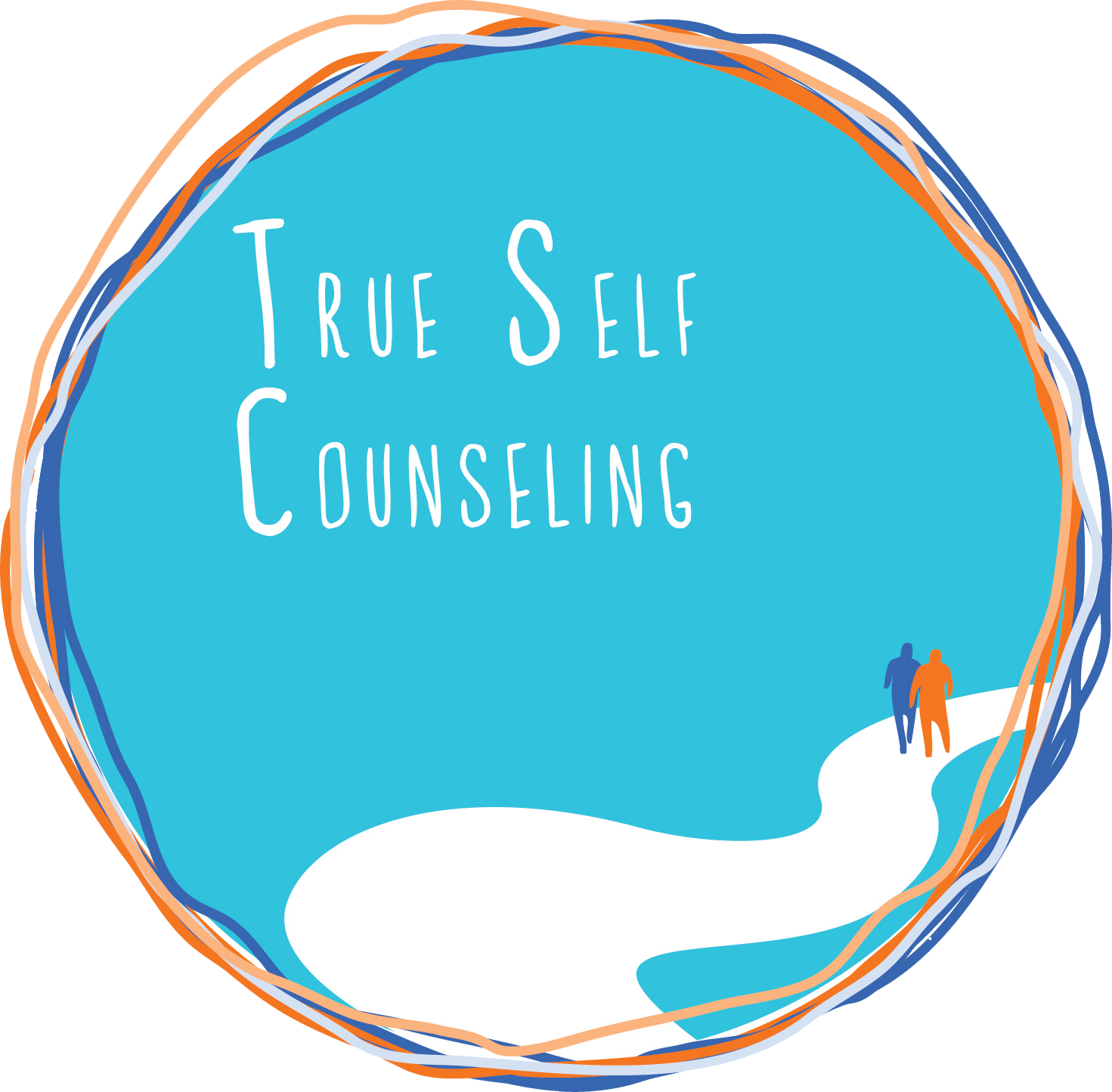
3 Core Conditions for Therapeutic Change
The person-centered counseling approach was established in the 1940’s by humanistic psychologist, Carl Rogers. The goal of a person-centered therapy is to create the necessary conditions for clients to engage in meaningful self-exploration of their feelings, beliefs, behavior, and worldview, and to assist clients in their growth process, enabling them to cope with current and future problems.
A major concept of this approach is that people are generally trustworthy, resourceful, capable of self-understanding and self-direction, able to make constructive changes, and able to live effective and productive lives. Another key concept is that the attitudes and characteristics of the therapist, and the quality of the client-therapist relationship are prime determinants of the outcome of the therapeutic process.
Rogers maintains that therapists must have three attributes to create a growth-promoting climate in which individuals can move forward and become capable of becoming their true self: (1) congruence (genuineness or realness), (2) unconditional positive regard (acceptance and caring), and (3) accurate empathic understanding (an ability to deeply grasp the subjective world of another person).
1. CONGRUENCE (GENUINENESS)
Congruence refers to the therapist being real, authentic, and genuine with their clients. It’s called congruence because their inner experience and outward expression match. In being authentic, the therapist shows they are trustworthy, which helps in building a good therapeutic relationship with the client. It also serves as a model for clients, encouraging them to be their true selves, expressing their thoughts and feelings, without any sort of false front.
2. UNCONDITIONAL POSITIVE REGARD and ACCEPTANCE
Unconditional positive regard means the therapist genuinely cares for their clients and does not evaluate or judge their thoughts, feelings, or behaviors as good or bad. Each client is accepted and valued for who they are, as they are, without stipulation. Clients need not fear judgment or rejection from the therapist.
3. ACCURATE EMPATHIC UNDERSTANDING
Accurate empathic understanding means that the therapist understands their client’s experience and feelings in an accurate and compassionate way. The therapist recognizes that each client’s experience is subjective and therefore strives to see things from the client’s unique perspective. An important part of accurate empathic understanding is for the therapist to convey that they “get it” by reflecting the client’s experience back to them. This encourages clients to become more reflective with themselves, which allows for greater understanding of themselves.
If you’ve ever had an experience where you felt like someone just really got you…they completely understood where you were coming from, or could truly relate to the way you felt – that’s accurate empathic understanding.
Rogers asserts that empathy helps clients (1) pay attention and value their experiencing; (2) see earlier experiences in new ways; (3) modify their perceptions of themselves, others, and the world; and (4) increase their confidence in making choices and pursuing a course of action. Jeanne Watson (2002) states that 60 years of research has consistently demonstrated that empathy is the most powerful determinant of client progress in therapy. She puts it this way:
“Therapists need to be able to be responsively attuned to their clients and to understand them emotionally as well as cognitively. When empathy is operating on all three levels – interpersonal, cognitive, and affective – it is one of the most powerful tools therapists have at their disposal.”
References:
1. Watson, J. C. (2002). Re-visioning empathy. In D. J. Cain (Ed.), Humanistic psychotherapies: Handbook of research and practice (pp. 445-471). American Psychological Association, Washington, DC.
2. Corey, Gerald. Theory and Practice of Counseling and Psychotherapy. Belmont. Thomas Learning, Inc. 2005.

